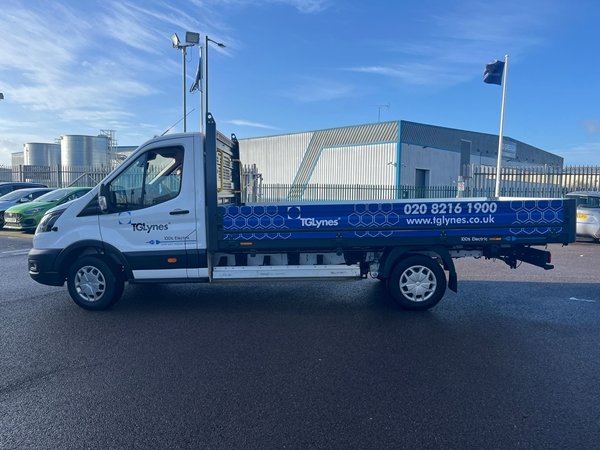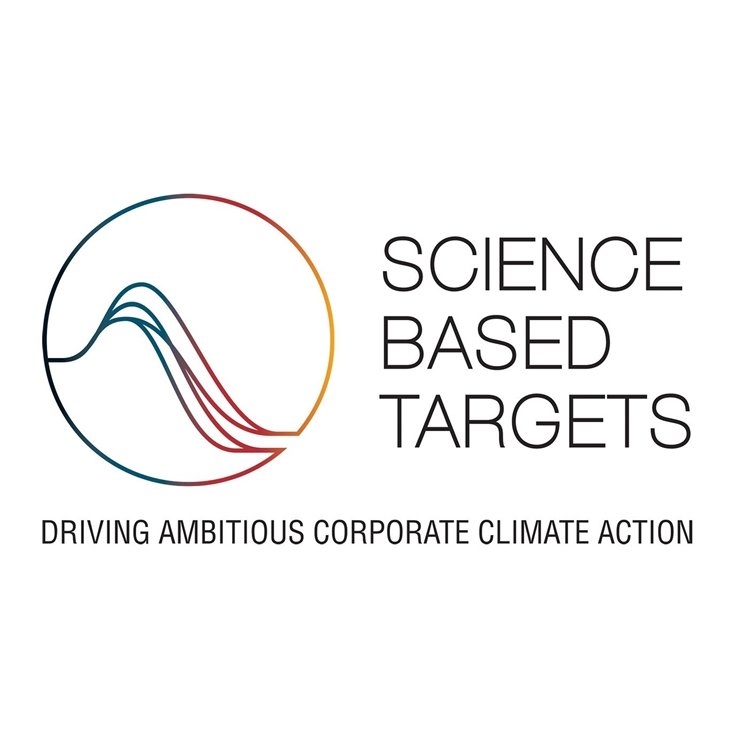
Grafton has committed to being net zero by 2050.
We have committed to reach net zero greenhouse gas emissions across the value chain by 2050 and have received validation by the Science-Based Targets initiative of this target and the associated near and long-term targets.
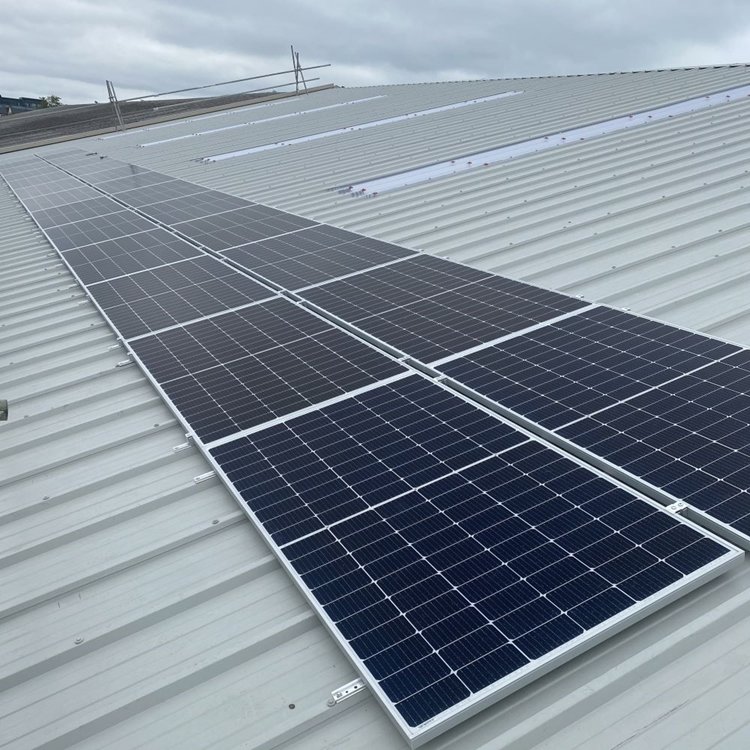
Reducing our impact on the environment
It is estimated that buildings account for 40 per cent of the energy usage across the EU and 36 per cent of GHG emissions, which mainly stem from construction, usage, renovation and demolition. GHG emissions from material extraction, manufacturing of construction products, as well as construction and renovation of buildings are estimated to be 5-12 per cent of GHG emissions.
As a result, all players in this sector have a responsibility to take action to reduce emissions. The stakeholder engagement carried out with customers, colleagues, investors, lenders and suppliers for our double materiality analysis showed that climate change is the key environmental concern.
Goal

Net zero
Grafton has committed to being net zero by 2050. Near-term and net zero targets validated by Science Based Targets initiative in July 2024.
Action and progress
Climate change
Scope 1 and 2 GHG emissions reductions have been achieved through a focus on energy efficiency in buildings, more effective monitoring of energy usage through quarterly scorecard reporting and continued investment in solar panels and energy management systems in properties across our estate. To reduce the emissions in the vehicle fleet we invested in Hydrogenated Vegetable Oil (HVO) as an alternative to diesel in several distribution sites as well as continuing the switch to electric and hybrid vehicles where practical.
Grafton Group received validation of its net zero targets by the Science Based Targets initiative.
We also developed our initial transition plan outlining how we aim to achieve our targets. The targets are incredibly stretching and will require continued improvements to data collection and monitoring and extensive engagement with our supply chain partners.
Waste and water
We work with waste management companies to monitor waste, manage it responsibly and look for opportunities to reduce it. In partnership with our waste management companies, teams work to divert the waste in our own operations from landfill. Teams continue to look for opportunities to replace plastic wrap used to distribute products with recycled alternatives as well as trying to reduce the amount used where possible by using collapsible boxes, moving to cages or strapping products together.
Water is not a material issue within Grafton’s operations as the branches and manufacturing facilities are not large users of water. However, Grafton is monitoring its water usage to ensure that this precious resource is used as efficiently as possible.
Biodiversity
Pollution
Environmental strategy in action
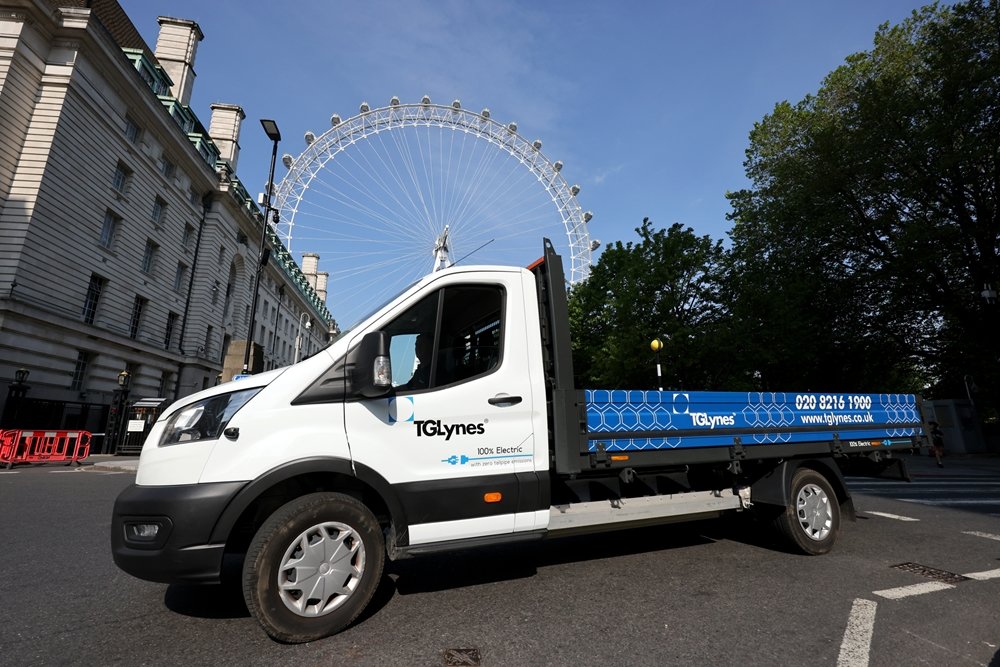
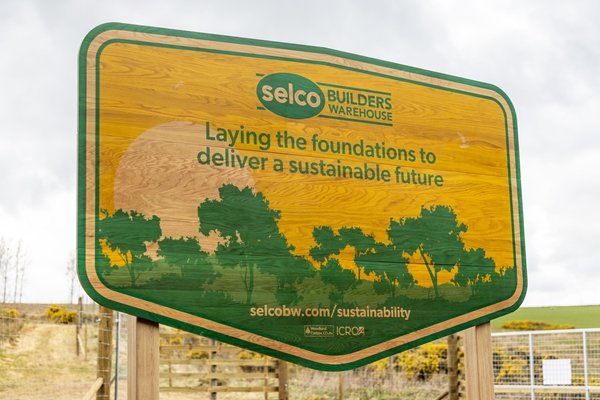
Selco Delivers Fourth Forest
Read story